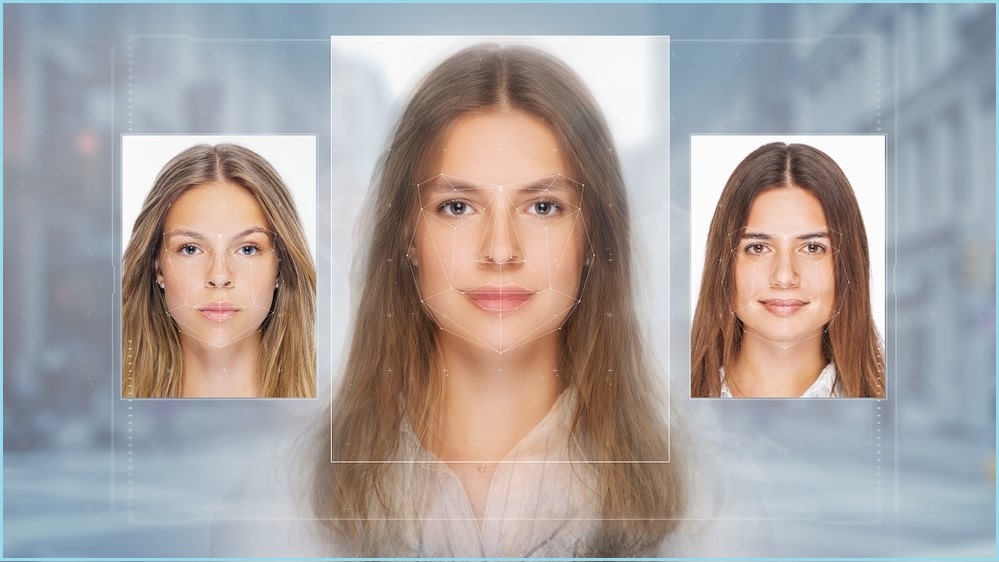Warning: This story contains references to abuse and domestic violence.
Legislation criminalising the sharing of non-consensual AI-generated sexually explicit deepfakes has been passed into law, despite a push from the crossbench for this crackdown to go further.
The Criminal Code Amendment (Deepfake Sexual Material) Bill 2024 was debated in the Senate on Monday evening, and passed the upper house on Wednesday.
Introduced to the lower house in June, it serves to introduce new criminal penalties for the sharing of non-consensual deepfake sexually explicit material, and an aggravated offence for those who created the content.
“Digitally created and altered sexually explicit material that is shared without consent is a damaging and deeply distressing form of abuse,” Attorney-General Mark Dreyfus said following the bill’s passage.
“This insidious behaviour can be a method of degrading, humiliating, and dehumanising victims.
“Such acts are overwhelmingly targeted towards women and girls, perpetuating harmful gender stereotypes and contributing to gender-based violence.”
The crackdown on deepfake pornography was announced earlier this year following a National Cabinet meeting to discuss efforts to address violence against women.
The new law around the use of AI technology to create and distribute non-consensual sexually explicit images and videos of individuals was widely backed by the government, Opposition, Greens, and members of the crossbench.
But the Senate heard many differing opinions over the way in which to criminalise these actions, and whether the legislation currently before Parliament went far enough to address the issue.
Last month, advocates noted AI makes it easy to produce harmful content and that the proposed deepfakes law “didn’t go far enough”.
Ban political deepfakes
Independent Senator David Pocock said that the crackdown should go further to ban the use of deepfake material in the context of elections.
“The use of deepfakes to mislead or deceive voters is exploding in democracies across the world,” Pocock told the Senate.
“Deepfakes used without consent threaten our democracy and should be banned in the context of elections. Australians deserve to know that the information they receive from parties and politicians is genuine.”
In Australia, a deepfake video of Queensland Premier Steven Miles was posted by the state Opposition party, while the federal Labor Party has also used an AI-generated video of Opposition leader Peter Dutton.
Pocock said the government must act “swiftly and decisively” to regulate the use of these technologies for political means and during election campaigns.
“Unfortunately, the lag between technological change and regulation response threatens to undermine our democracy,” he said.
“But that’s no excuse. The government must be proactive in catching up to change and getting ahead of what we know is coming.”
Greens Senator Larissa Waters also criticised the government for not including further penalties in the legislation for the actual creation of the deepfake material, although the federal government has said this is the responsibility of the states and territories.
“It does nothing to stop the creation of those images in the first place,” Waters told the Senate.
“The federal government can and must do more to stop the harm of deepfake abuse by stopping their creation.”
‘Who was crying out for this?’
Deputy leader of the Opposition in the Senate, Michaelia Cash, said that while she supports the intent of the bill, there is “no clear rationale for why the bill actually needs to be passed”.
Cash said that laws introduced in 2018 under the former Coalition government which effectively criminalise the sharing of deepfake pornography are being unnecessarily replaced by the new legislation.
“Labor has given no persuasive rationale for why we should now repeal laws that it previously supported,” Cash said.
“Who was crying out for this? Who was saying that we need to replace an existing law that deals with these issues adequately with one that is now more likely to result in victims being dragged through the justice system?”
Cash said that the new approach is problematic as it introduces new definitions for a number of legal terms, and increases the risk of negative experiences for victims as they may need to be cross-examined.
This reasoning was rejected by Labor Senator Nita Green, who chaired the Senate inquiry into the bill.
“It is clear that anyone who would say that today didn’t listen to the victims who were at the hearing and hasn’t been listening to the women who have been coming forward and talking about this for years,” Green said.
“Those women said at the hearing that they spoke to the previous government and weren’t listened to.
“Now they are being listened to, and this type of material is being criminalised.”
Amendments put forward by the Greens, independents and Opposition were voted down before the bill was ultimately passed by the Senate.
If you need someone to talk to, you can call:
- Lifeline on 13 11 14
- Beyond Blue on 1300 22 46 36
- Headspace on 1800 650 890
- 1800RESPECT on 1800 737 732
- Kids Helpline on 1800 551 800
- MensLine Australia on 1300 789 978
- QLife (for LGBTIQ+ people) on 1800 184 527
- 13YARN (for Aboriginal and Torres Strait Islander people) on 13 92 76
- Suicide Call Back Service on 1300 659 467










